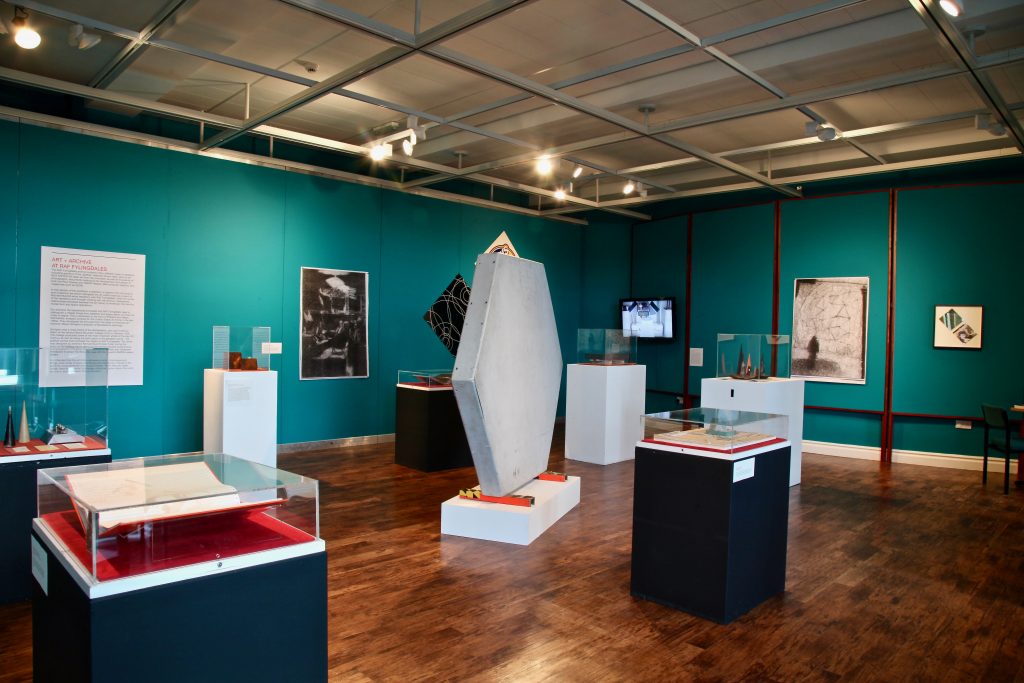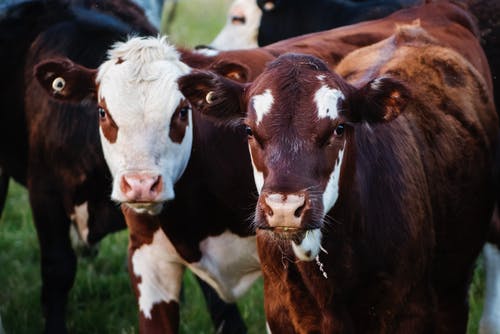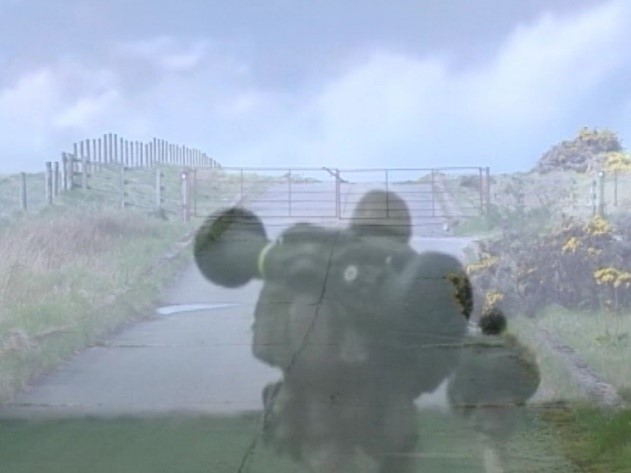Next week, from the 2nd to the 9th November, is the ESRC Festival of Social Science, an annual celebration of the social science research across the UK. As part of the festival Newcastle social scientists have put on a series of workshops, talks and events across the North East showcasing the breadth and depth of their projects and ideas. All events are free to attend with more details below. Please see the North-East pages on the ESRC webpage for other events happening across the region too.
The Unblinking Eye: 55 Years of Space Operations at RAF Fylingdales

This exhibition at Whitby Museum by artist and Newcastle PhD graduand Michael Mulvihill will run from August, with the last day scheduled for Sunday 3rd November. The exhibition showcases work produced in response to the activities of RAF Fylingdales, a Royal Air Force Station situated in the North York Moors.
The station serves as a nuclear ballistic missile early warning station; and a space monitoring station responsible for tracking over 1,300 operation satellites, the International Space Station, and c.47,000 pieces of space junk circling above the earth.The artworks explore ideas around science, technology, the political economics of space exploration and technologies for nuclear deterrence.
Location: Whitby Museum, on until 3rd November. For further information contact: rachel.woodward@ncl.ac.uk
Dairy Dilemmas

Livestock diseases are a burden on agricultural systems both in the UK and worldwide. Sick animals contribute more greenhouse gas emissions, require the use of more antibiotics, and have poorer welfare than their healthy counterparts, all of which impacts upon the on-going sustainability of agriculture. Bovine Viral Diarrhoea (BVD) is a commonly occurring endemic disease of beef and dairy cattle. At this event, we will use an innovative tablet-based game developed by the research team to engage with farmers and learn from their experiences to gain a better understanding of how these individuals manage BVD and what influences their management choices.
We will be heading to two auction marts to talk to farmers, and other visitors, about Bovine Viral Diarrhoea (BVD), a commonly occurring endemic disease of beef and dairy cattle. We will have with us a tablet-based game developed by the research team which looks to explore how farmers make decisions surrounding disease.
Through the game, will learn how farmers experiences shape their responses to disease management to gain a better understanding of how BVD is managed, Including which factors are important for shaping different practices. Game players will have the opportunity to talk through wider considerations of disease management including the mechanisms of support they would find most useful.
The event is part of the larger FIELD project – a four-year interdisciplinary project funded by the Wellcome Trust (2018-2022). It brings a team of social scientists, historians, economists and epidemiologists together to research how livestock disease is influenced by nature and culture, science and society, and the actions of humans and livestock. The team works closely with industry representatives and policy makers to make sure the research responds to real-world needs.
We are looking specifically at endemic diseases, defined as those which are continually present in particular regions or populations. We focus on two common examples in Britain: Bovine Viral Diarrhoea (BVD) in cows, and lameness in sheep and cattle. These conditions cannot be caught by humans, but they do have an impact on animal health and production. We will consider their past, present and likely future impacts, asking if they could be managed better, and if so, how?
For more information about the project visit www.field-wt.co.uk. Location: Hexham Auction Mart – Monday 4th November (9am – 1pm) Location: York Auction Mart – Tuesday 5th November (9am – 1pm)
Intercultural communication – for all, for good

This seminar and discussion event will showcase recent work by Newcastle university academics in the field of intercultural communication. The Applied Linguistics and Communication Section in the School of Education, Communication and Language sciences have an international reputation for excellence in this emerging field of interest in the social sciences, and we want to share it with a wider public. Our work addresses questions that are at the forefront of current concerns about who we are and how we can get along with each other in a changing world. We ask things like:
- What is culture, and cultural difference? How can these important but complex ideas be approached, understood and researched?
- How does culture affect how people talk to each other in different contexts – like work, study, or health care?
- What is intercultural communication? How can it be made better? How does understanding and improving it relate to questions about who we are and where we belong?
This event will inform you about what we’ve been up to and how it is making a difference. We’ll showcase a wide range of our activities, many of which have been supported by the Economic and Social Research Council and other top national and international funders. We hope you’ll come along with your own questions and ideas to get conversations going! Please register here
Thursday, November 7th 2019, 17.00 – 19.00
Location: Armstrong Building, Room 3.38, Newcastle University
Forces/Fields: Three works on conflict, militarism and their legacies

Wakeful, Anne Robinson, 2018
The Struggle Part II: Opening Up, Rachel Garfield, 2015
Thursday War, Margareta Kern, 2019
The event will comprise a screening of these three works, followed by a discussion with Rachel Garfield, Margareta Kern and Anne Robinson in conversation with Professor Rachel Woodward (Newcastle University) about the three films and their common and divergent themes.
Examining the persistent and pervasive presence of war in all of our lives, each artist engages with the complexities of militarism and conflict: Robinson ‘listening to the past’ through fragmented intergenerational memory, Garfield asking questions about 20th century certainties through subjective experiences in military outposts and Kern interrogating the presence of ships and war games too close to home.
Location: Star & Shadow Cinema, Warwick St, Newcastle upon Tyne, NE2 1BB
Date: 7 November 2019
Time: 19.30 – 21.30 – Book via Eventbrite
The menopause at work: whose embarrassment is it anyway?

The menopause is typically considered through the lens of ‘hard’ science with talk of oestrogen, follicles and vasomotors. When the social aspects of the menopause are discussed it is often in terms of deterioration, loss and embarrassment. As part of the Festival of Social Science, this session will take a sideways glance at such talk. Please come along and join in! Book via Eventbrite
The session is FREE and open to all.
Location: Newcastle upon Tyne
Date: 7 November 2019
Time: 17:30 – 19:30
Working Together for Educational Change

Change in education is very hard; research, history and our own experience often confirms this but a general rule of thumb is that involving stakeholders in planning and enacting any change is likely to increase the chances of success. This event will offer social scientists and the wider public the opportunity to develop research and practice relationships relating to education and change in the widest sense. Specifically, we will enable teachers, students, school leaders, educational practitioners, academics and policy makers a chance to present and discuss recent research activities and outcomes. Presentations and workshops by members of the Centre for Learning and Teaching (CfLaT) and their partners will be complemented by opportunities for networking. At the centre of the evening there will be a debate considering how we can work together most effectively for educational change. Contacts: Lucy Tiplady and Pam Woolner
Location: Newcastle University, King George VI Building, Newcastle upon Tyne Date: 7 November 2019
Time: 15:30 – 19:30
